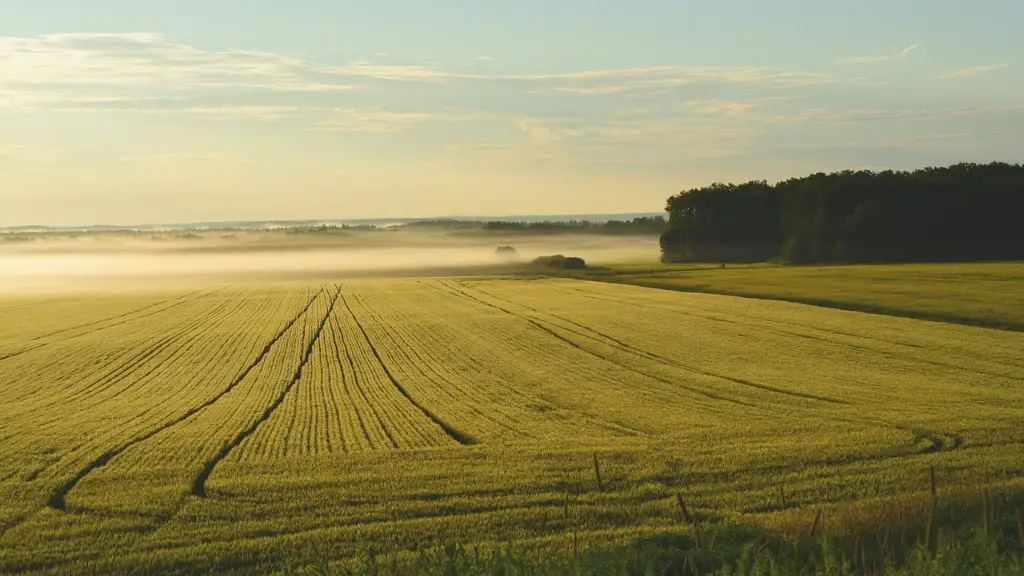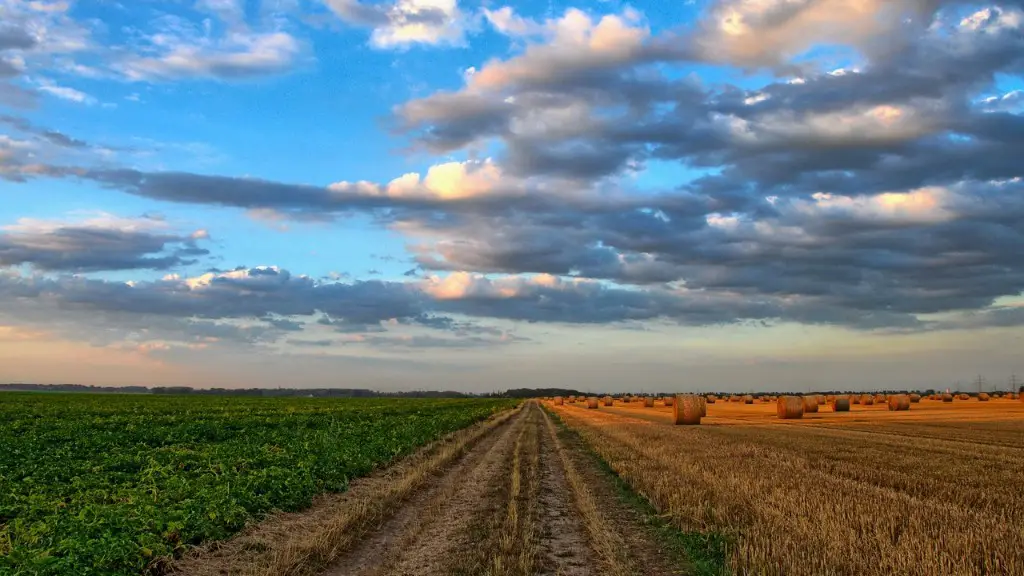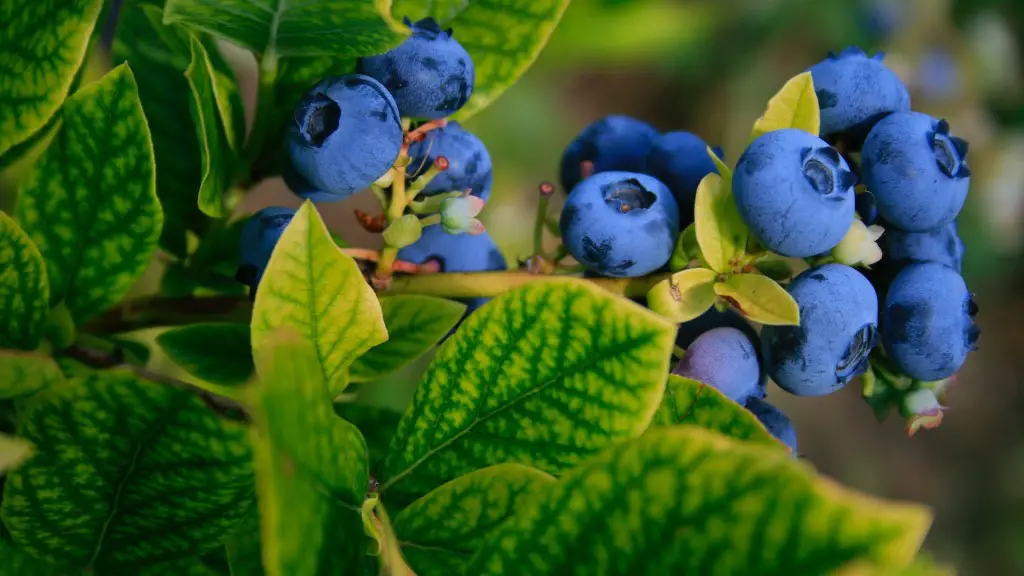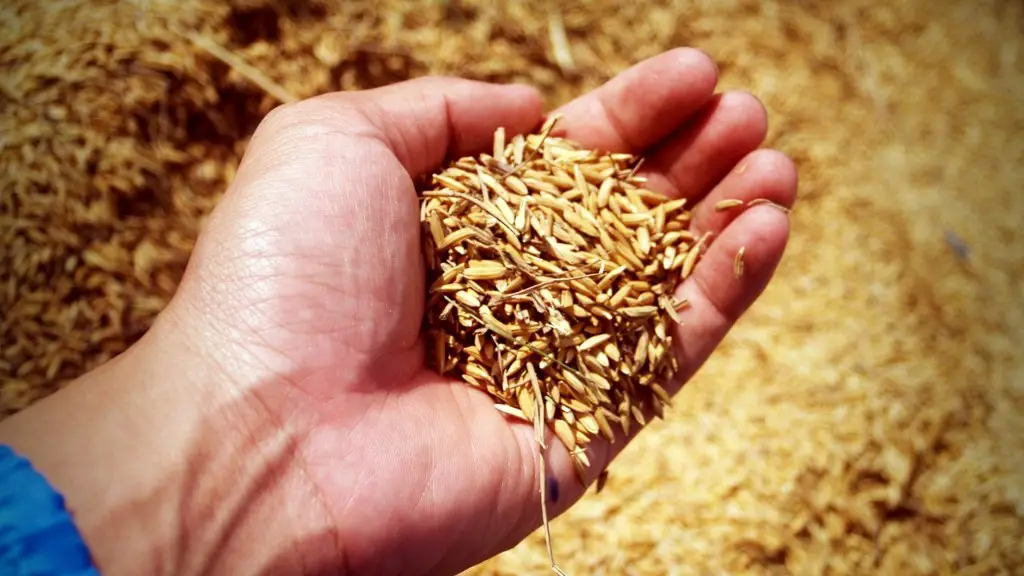In the early 1900s, peanut butter was introduced as a new food product. It quickly became popular, especially among children. Peanut butter was a cheap and easy to make food that was also nutritious. Because of its popularity, peanut butter became an important agricultural product. Peanut butter farms sprang up around the country and the demand for peanuts increased. Peanut butter also had a significant impact on society. It was an affordable food that could be eaten by people of all economic backgrounds. Peanut butter also became an important part of the American diet.
The origins of peanut butter date back to the Aztecs, who ground roasted peanuts into a paste. Peanut butter was introduced to the United States in the late 1800s and early 1900s. At that time, peanut butter was primarily consumed by the affluent. It was not until the 1920s that peanut butter became more widely available and affordable. In the United States, peanut butter is most commonly consumed as a sandwich spread. Peanut butter has also become a popular ingredient in baking and cooking.
Peanut butter is a good source of protein, essential vitamins and minerals, and antioxidants. Peanut butter has been shown to have several health benefits, including reducing the risk of heart disease and stroke, and helping to lower cholesterol levels. Peanut butter also contains fiber and is a good source of energy. Peanut butter has contributed to the agricultural economy of the United States and has had a positive impact on society.
What is the importance of peanuts in agriculture?
Peanuts are a great option for farmers who are looking for a crop that requires less water and has a smaller carbon footprint. Peanut plants also have the unique ability to improve soil and benefit other crops. Peanuts are not only a sustainable crop, but they are also a smart addition to healthy, sustainable diets.
The peanuts grown in the US are used for a variety of purposes, including making peanut butter, peanut oil, confections, and direct consumption. Peanut butter is a popular spreads made from ground, dry-roasted peanuts. It is high in protein and low in saturated fat. Peanut oil is a type of vegetable oil that is extracted from peanuts. It is often used in cooking, as it has a high smoke point. Confections made from peanuts include peanut brittle and peanut candy. Peanuts are also often eaten as a snack, either on their own or as part of a trail mix.
How did peanuts impact the world
Peanuts were popularized in the US by American scientist Dr George Washington Carver in the late 1860s to improve soil and break the cycle of disease hampering soil fertility in the southeast of the country. Dr Carver’s research showed that peanuts could improve the soil by providing nitrogen and other essential nutrients, and he developed over 300 products made from peanuts, including dyes, plastics and gasoline. The popularity of peanuts in the US was further boosted by their association with baseball, as they were often given out as free gifts at baseball games in the early 20th century.
Peanut butter is a relatively sustainable food. There is no known significant damage to air, water, land, soil, forests, etc. as long as pesticides have not been used. Be sure to buy Non-GMO/organic peanut butter, as toxic, chemical pesticides can contaminate air, water, soil, etc.
What is the economic importance of peanut?
Groundnut is an important cash crop for farmers in many parts of the world. It provides them with income and livelihoods, as well as contributing to the well-being of farm families through the consumption of groundnut kernels, which are a rich source of energy and protein. Groundnut also provides a nutritious fodder for livestock.
Peanuts are a type of legume that is grown underground. They are classified as a grain legume and an oil crop. World annual production of shelled peanuts was 44 million tonnes in 2016, led by China with 38% of the world total. Peanut pods develop underground (geocarpy), which is unusual for a legume crop plant.
What was the original purpose of peanut butter?
Peanut butter was first made by a man named John Harvey Kellogg in 1895. He developed it for those who were older and needed nutrients through food such as protein but couldn’t chew meat. Peanut butter made it’s very first appearance publicly sold in 1904 at the St. Louis World’s Fair.
Peanut butter can be a healthful option when people enjoy it as part of a balanced diet. It is rich in several nutrients, including protein and magnesium, which may help protect the heart and manage blood sugar and body weight. Peanut butter also contains monounsaturated fats, which can help reduce LDL (bad) cholesterol levels.
Is peanut butter an invention or innovation
The earliest references to peanut butter can be traced to Aztec and Inca civilizations, who ground roasted peanuts into a paste. However, several people can be credited with the invention of modern peanut butter and the processes involved in making it.
Dr. John Harvey Kellogg, of cereal fame, was one of the first to develop a process for making peanut butter. His method involved blanching peanuts to remove their skins, then grinding them into a paste. Dr. Kellogg served his peanut butter at his sanitarium in Battle Creek, Michigan, as a healthy alternative to meat.
Another early innovator was Marcellus Gilmore Edson, who received a patent in 1884 for his process of boiling peanuts, then grinding and milling them into a paste.
In 1890, Dr. Kellogg and his brother Will Kellogg developed a process to create flaked breakfast cereal. As part of their research, they found that peanut butter could be used as a binding agent. This discovery led to the development of the first mass-produced peanut butter, which they introduced at the 1893 World’s Fair in Chicago.
Since then, peanut butter has become a staple in American kitchens. It’s a
Peanut butter is an American icon that has been around for over 250 years. It is a cheap and high protein food that is perfect for those on the go. Peanut butter became popular in the 1920s when it was first mass produced. The meat shortage caused by World War II made peanut butter an essential part of the American diet. Peanut butter is a versatile food that can be used in a variety of recipes or simply eaten on its own.
What impact did peanuts have on the Columbian Exchange?
The peanut is a humble yet important legume that has had a profound impact on the world. First introduced to the West by Spanish explorers in the 16th century, peanuts quickly became a key ingredient in many cuisines. But it was the Columbian Exchange, a period of increased trade and cultural exchange between the Old and New Worlds, that really helped the peanut spread around the globe.
The Columbian Exchange had a profound impact on the world, and the peanut was one of its key players. In China, peanuts helped to prevent famine by providing a nutritious and drought-resistant food source. In Africa, peanuts helped to enrich soil in other crops, as well as providing a main food staple. Peanuts have also been shown to have positive health benefits, such as reducing the risk of heart disease and cancer.
The humble peanut has thus had a profound and positive impact on the world. Through the Columbian Exchange, it has helped to feed and nourish people around the globe, and has also been shown to have numerous health benefits. The next time you enjoy a peanut butter sandwich or a tasty peanut dish, remember the little legume that made it all possible.
-A 12-ounce jar of peanut butter contains about 540 peanuts
-At least 90 percent of the peanuts in a product labeled “peanut butter” must be from the United States
-It takes 32 gallons of water to produce 1 ounce of peanuts
-The average peanut farm is 200 acres
What is the impact of peanut butter
Peanut butter is a healthy food because it contains many nutrients that are good for the body. These include vitamin E, magnesium, iron, selenium and vitamin B6. Research shows that people who regularly eat nuts and nut butter, including peanut butter, are less likely to develop heart disease and type 2 diabetes. Therefore, peanut butter is a good food to eat for good health.
Dairy butter is responsible for a significant amount of greenhouse gas emissions, due to the production of raw milk and enteric emissions from cows. One 250g pack of dairy butter results in the equivalent of 1 kilogram of cow emissions (kg CO2 eq). This is a significant contribution to climate change and it is important to be aware of the impact of our dietary choices.
What foods have the most impact on the environment?
Eating beef has a significantly higher carbon footprint than any other food. This is because of all the resources that are required to raise and farm cattle. Cattle need a lot of food, which must be grown on its own land. They also produce a lot of methane, which is a greenhouse gas.
Crop residue, if retained on the soil surface, can dramatically reduce soil erosion. This is because the residue will reduce the amount of rainwater that is able to penetrate the soil, as well as reduce the amount of wind that is able to blow the soil away. Legumes have been long known to benefit succeeding crops. This is because they replenish the soil with crop nutrients that are essential for plant growth. Peanut residue incorporated into the soil decomposes faster than the residue left on soil surface. This is because the bacteria that decompose the residue need oxygen to do their work, and they are able to get more oxygen when the residue is incorporated into the soil.
Why are peanuts good for environment
Peanuts are an excellent choice when it comes to sustainable and environmentally friendly snacks. Not only do they require less water to grow than other nuts, but their entire plant is utilized – from the roots to the hulls. This makes them a “zero-waste” plant. Additionally, peanuts have the smallest carbon footprint of any nut. So next time you’re looking for a healthy and sustainable snack, reach for some peanuts!
The average Peanut Farmer in the US makes $46,775 The average bonus for a Peanut Farmer is $1,410 which represents 3% of their salary, with 100% of people reporting that they receive a bonus each year. The bonus is usually given based on performance and is paid out quarterly.
Warp Up
Peanut butter is a popular food made from peanuts, a type of edible seed. It is rich in protein and monounsaturated fats, which are considered healthy. Peanut butter is a common ingredient in many American dishes and is also used as a spreads on bread and crackers. Peanut butter has been shown to have a number of benefits, including being a good source of antioxidants, helping to improve heart health, and providing essential vitamins and minerals. Peanut butter also has a positive impact on agriculture and society. Peanut butter is a versatile crop that can be used in a variety of products, including animal feed, cosmetics, and biofuels. Peanut butter also helps to create jobs and support the economy.
Peanut butter has been a staple in American households for over a century. This delicious and nutritious food has had a significant impact on agriculture and society. Peanut butter is a high-protein, low-fat food that is packed with essential vitamins and minerals. It is a good source of energy and has been shown to help regulate blood sugar levels. Peanut butter is also a versatile ingredient that can be used in a variety of recipes. Peanut butter has had a positive impact on agriculture and society by providing a nutritious and affordable food source.





